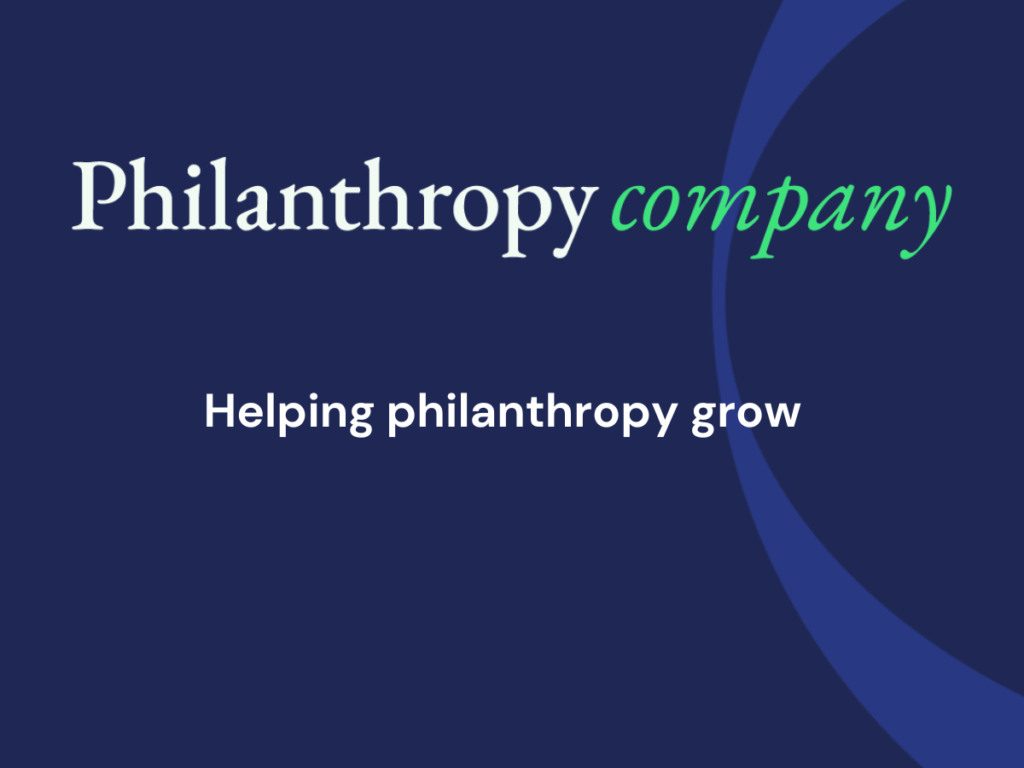The latest news and opinion from Philanthropy Company
Key Observations & Recommendations for Building Capacity

Key Observations & Recommendations for Building Capacity
Creating Meaningful Capacity Building Experiences: Insights for Professional Development

Creating Meaningful Capacity Building Experiences: Insights for Professional Development
Unlocking Potential: Navigating Preferences & Challenges

Unlocking Potential: Navigating Preferences & Challenges
Building Capacity in your Development Office

Building Capacity in your Development Office
We are Philanthropy Company

We are Philanthropy Company
Leveraging CRM Systems for Fundraising and Philanthropy

Leveraging CRM Systems for Fundraising and Philanthropy
Fundraising recruitment – how to find and keep a talented fundraiser

Fundraising recruitment – how to find and keep a talented fundraiser
Reasons to get on board

Reasons to get on board
Trusts and Foundations

Trusts and Foundations
Gordon Cox joins Philanthropy Company as a Director

Gordon Cox joins Philanthropy Company as a Director
Philanthropy Company adds to Director team

Philanthropy Company adds to Director team
We are hiring!

